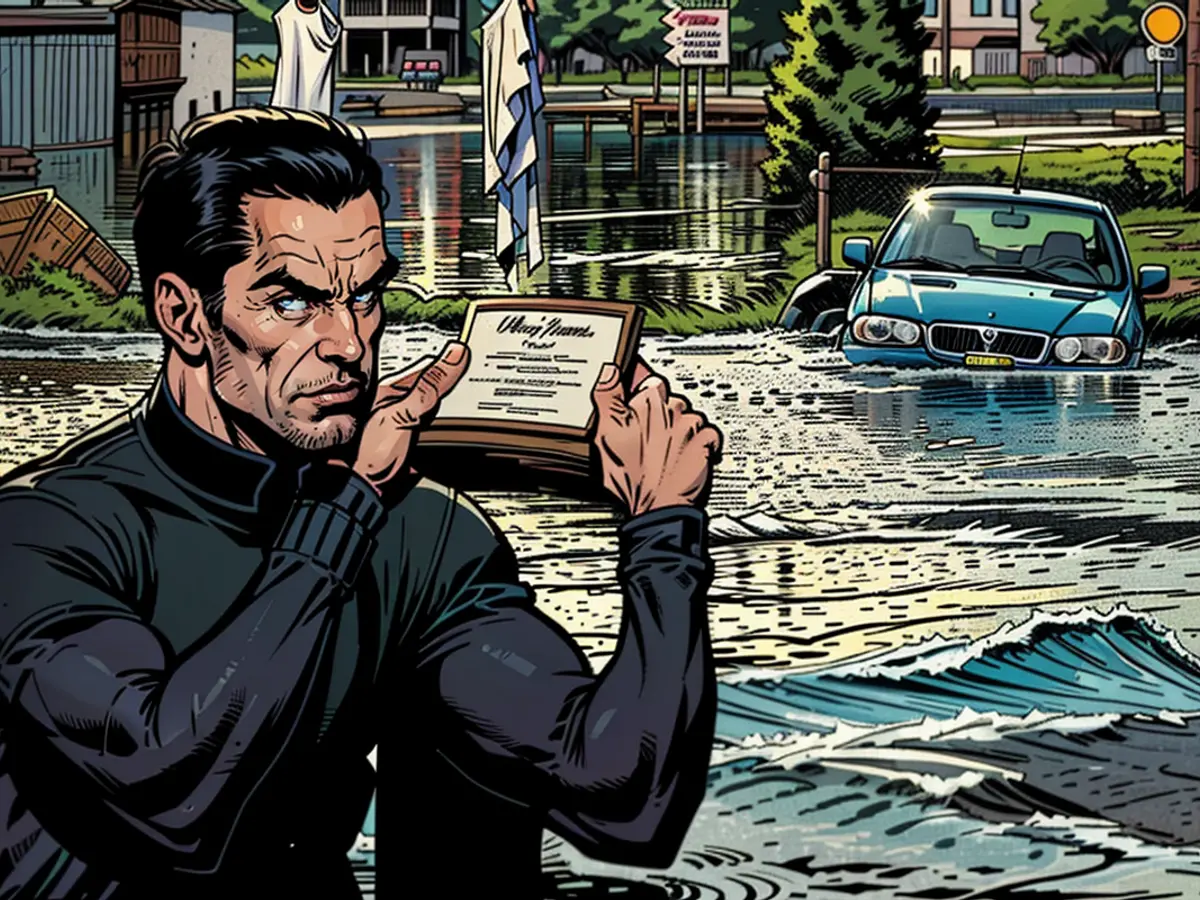Environmental shifts could potentially be responsible for the catastrophic flooding incident.
In instances like the recent floodings in Austria and the Czech Republic, folks often ponder: What part does climate change play in such calamities? Researchers have proposed a tentative answer for this specific scenario. The Green Party is advocating for increased funds for preventative measures, considering the escalating climate crisis.
Initial findings suggest that environmental changes induced by humans might have substantially influenced the current heavy precipitation incident in Central Europe. The Climameter research consortium posits that natural climate fluctuations alone cannot explain the occurrence's extreme intensity. The storm was triggered by a stark contrast between cold, polar air and warm, humid air originating from unusually heated Mediterranean regions.
Outcome with a degree of uncertainty
However, there remains a notable degree of uncertainty surrounding this conclusion, given the uniqueness of the event. This so-called attribution study employs data from present-day (2001-2023) and historical (1979-2001) low-pressure systems in the region. Climate data from past decades and climate simulations undergo statistical analysis for such studies.
Researchers assert that extreme precipitation events like the current "Boris" storm have become up to 20% more intense compared to the end of the 20th century. This event has resulted in torrential flooding in countries such as Romania, Poland, Austria, Slovakia, and the Czech Republic. According to the IPCC, extremes in the water cycle are increasing at a faster pace than the overall average change. A discernible trend of more river flooding has emerged in Western and Central Europe on a local scale.
Lang advocates for more funding for climate preservation
The relationship between climate change and flooding is also being explored in politics. "Experiencing multiple 300-year floods within a single year is anything but normal," stated Green Party co-chair Ricarda Lang. She emphasized the importance of discussing climate protection amid these calamitous circumstances: "Denying an evident connection is equivalent to denying reality," she asserted. "Now is the time to act." Finances for such actions are also in demand.
Deputy Chancellor Robert Habeck also urged a stronger commitment to climate protection. "Accelerating the expansion of renewables, promoting the energy transition, and fostering climate-friendly production in industry" are urgent necessities, said the Green politician to the Funke media group. At present, however, it remains impossible to halt the occurrence of more frequent extreme weather events. Consequently, additional preventative measures are equally crucial, insisted Habeck. "Stronger dikes, water retention systems, and expanding space for rivers" are essential in providing better protection for people.
The Commission has acknowledged the need for further investigation into the relationship between climate change and increasing extreme weather events. In light of these findings, The Commission has proposed allocating more funds towards climate preservation and adaptive measure initiatives.







